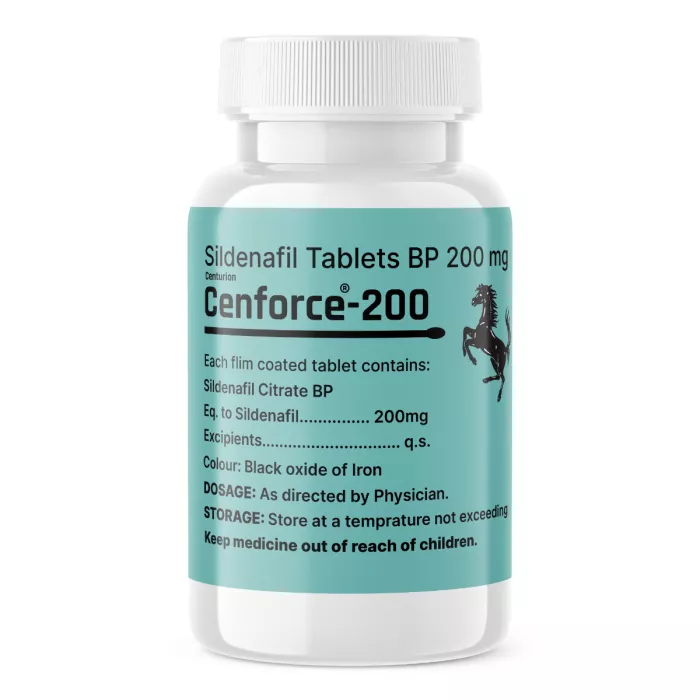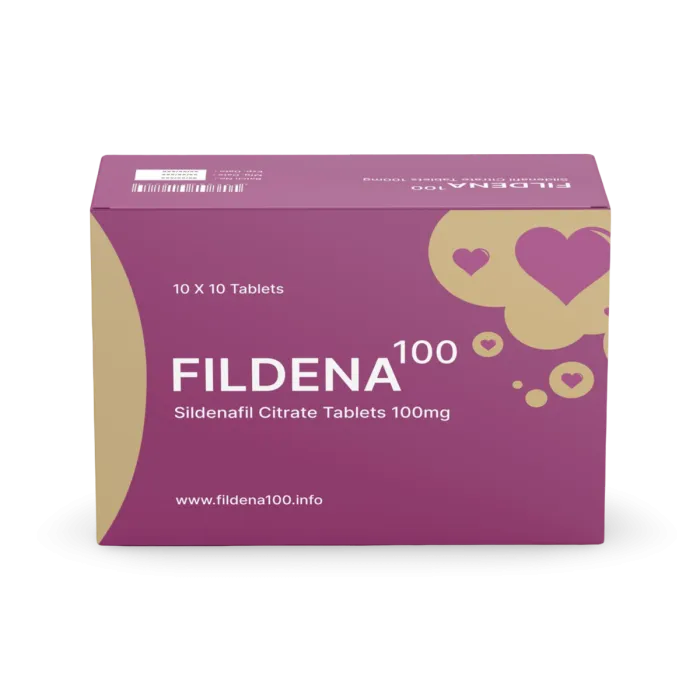A decrease in libido can significantly impact a man’s self-confidence, relationships, and overall well-being.
Examining libido-boosting medicines may hold the key to finding answers for people having trouble with their sexual drive.
This article offers insights into the numerous drugs to increase libido in males and the underlying factors contributing to their ineffectiveness.
We’ll also look at other treatment options to assist people in making decisions about their sexual health.
In order to manage libido issues and have a satisfying sexual life, it is important to remember that expert advice is also essential.
Causes of Decreased Libido in Males
Males with low libido may experience substantial effects on their general and sexual health.
It takes more than just assessing sexual desire to fully understand low libido in males.
It’s normal to go through libido changes therefore, there’s no reason to be ashamed about it.
Personal emotions, physical and mental health, and interpersonal relationships must also be considered.
Effective management depends on knowing what is causing the libido to diminish.
In order to find the best treatments, it can be helpful to recognize the various physical and psychological elements that contribute to this problem.
Save up to 90% on your medicine bills

Cenforce 200 mg

Kamagra Oral Jelly Rx 100 mg

Fildena 100 mg

Vidalista 60 mg
Physical Causes
Hormonal Imbalances: Low Testosterone levels are often the significant cause of low libido in males.
Reduced libido can result from any alteration in Testosterone levels brought on by diseases like Hypogonadism (improper functioning of the testes).
Medications: Some medications, including Opioids, Antidepressants, and Antihypertensives, can lower libido as a side effect.
Chronic Illnesses: Sexual desire and function may be affected by Diabetes, Obesity, heart diseases, and chronic pain.
Sleep Disorders: Consistent lack of sleep or underlying sleep disorders can lead to low libido in males.
Sleep deprivation affects physiological processes related to sexual desire and function.
Lack of sleep can decrease Testosterone levels and increase stress.
Psychological Causes
Stress and Anxiety: Sexual arousal and desire can be affected by high Anxiety and stress levels.
Depression: Mental health conditions, such as Depression, can contribute to a reduced level of sexual desire.
Relationship Issues: Interpersonal issues, communication difficulties, or unresolved tensions may cause low libido.
To know more about why men lose their sex drive, read When Do Men Lose Their Sex Drive? Understanding Male Libido and Its Decline.
Drugs to Increase Libido in Males
Medication may be a good remedy for people with decreased libido due to physiological factors.
It is crucial to understand the medications available for this application, their onset of action, and potential side effects.
Seeking competent medical advice before using these drugs to increase libido in males is essential.
Prescription Medications
Phosphodiesterase-5 (PDE5) Inhibitors: Medications like Sildenafil and Tadalafil are typically used for treating Erectile Dysfunction, but may also help improve libido.
Off-Label Medications
Bupropion: Off-label use of this Antidepressant may be authorized to help increase sexual desire.
Cabergoline: Cabergoline, first used to treat Hyperprolactinemia, can potentially boost libido.
Natural and herbal supplements
Maca root: Maca root, well-known for its Aphrodisiac effects, might increase libido.
Horny Goat Weed: This herb has traditionally been used to enhance male sexual function.
Off-label: Off-label medicines are prescription medications used for applications other than those authorized by the FDA.
Hyperprolactinemia: A person with Hyperprolactinemia has blood levels of the hormone prolactin that are greater than normal.
Aphrodisiac: Aphrodisiacs are foods that increase libido, sexual desire, pleasure, or sexual behavior.
Non-Drug Approaches to Increase Libido in Males
Non-drug strategies might be just as effective as drugs in enhancing low libido in males.
Although individual responses may vary.
Medicinal treatment can be combined with lifestyle changes and psychological treatments to improve sexual health.
Lifestyle Changes
Regular Exercise: Physical activity can enhance blood flow and hormonal balance, positively impacting libido.
Balanced Diet: Foods high in nutrients can promote healthy hormone function and general well-being, possibly boosting libido.
Stress Management: Engaging in stress-relieving practices such as meditation and yoga can help increase sexual desire.
Psychological interventions
Couples Therapy: Dealing with marital problems with a therapist’s assistance might enhance sexual arousal and intimacy.
Sex Therapy: Individuals can improve their libido and overcome their sexual concerns with specialized sex therapists.
To learn about foods to increase your libido, read 6 Foods That Increase Libido That You Might Be Missing
Conclusion
Effective management of male libido loss requires awareness of its causes.
It’s common to experience changes in libido, therefore there’s no need to be ashamed of it.
Testosterone replacement therapy and specific off-label medications can be considered for those experiencing low libido, but only with a doctor’s approval.
Changing one’s lifestyle and receiving psychological help are two examples of non-drug strategies that can significantly increase libido.
To have a sexual life that is healthy and rewarding, it is critical to approach this topic sensitively and seek professional assistance.
Always remember that finding a suitable treatment plan requires an open conversation with a doctor.

Frequently Asked Questions
What are the common causes of decreased libido in males?
Several factors can contribute to low libido in males.
These include hormonal imbalances, medications, chronic illnesses, psychological factors like stress and Anxiety, and relationship issues. Buy Now
Are there drugs specifically designed to increase libido in males?
Yes, there are medications available that can help increase libido in males.
These drugs work through various mechanisms to address hormonal imbalances and enhance sexual desire. Buy Now
How does Testosterone Replacement Therapy (TRT) impact libido in men with low Testosterone levels?
Testosterone Replacement Therapy (TRT) is a common approach to treating low libido in men with Hypogonadism (low Testosterone levels).
By restoring Testosterone to normal levels, TRT can often lead to improved sexual desire and function. Buy Now
Can off-label medications increase libido in males?
Some medications not originally intended for libido enhancement, such as certain Antidepressants and Cabergoline, may be prescribed off-label to boost sexual desire.
Before using these medicines, understanding their potential risks and side effects is essential. Buy Now
What are the non-drug approaches to increasing libido in males?
Non-drug approaches include lifestyle modifications like regular exercise, a balanced diet, stress management, and psychological interventions such as sex therapy and couples therapy. Buy Now
Cheap Medicine Shop only refers to credible, authoritative sources for our content. If you’re curious about how we ensure the integrity of our content, we encourage you to read our Content Information Policy.














